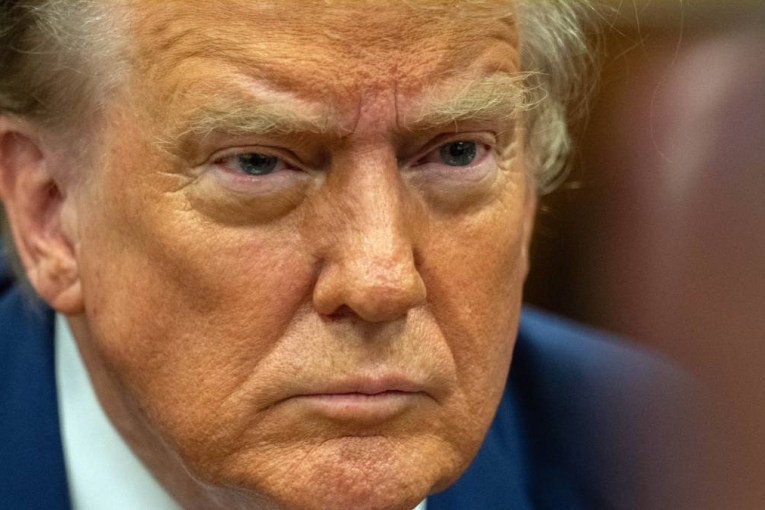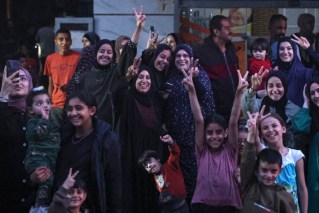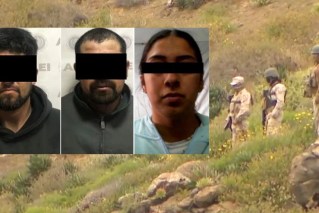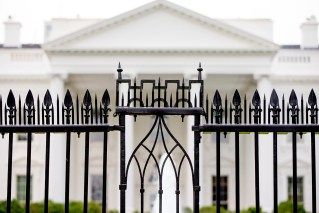Japan lifts N. Korea sanctions
Japan will revoke some of its unilateral sanctions on North Korea, the prime minister has announced, rewarding progress in a probe of the Cold War kidnapping of Japanese nationals.
Shinzo Abe said Tokyo judged Pyongyang, which has pledged to re-investigate the disappearances of Japanese citizens, had shown sufficient willing in resolving the decades-old row and that this needed to be reciprocated.
“We have concluded that an unprecedented scheme that can make national decisions has been established. In accordance with the principle of action to action, we will lift part of the measures taken by Japan,” Abe told reporters on Thursday.
The move comes after the two sides met in Beijing to discuss what happened to the dozens – or even hundreds – of people Japan says were snatched by North Korean spies to train their agents in language and customs during the 1970s and 80s.
The sanctions in question are additional to international strictures imposed after UN Security Council resolutions following nuclear and missile tests carried out by the North.
“North Korea appears to be showing its seriousness, and the Japanese response is reasonable,” said Satoru Miyamoto, a North Korea expert at Seigakuin University in Saitama, north of Tokyo.
“But this is just the beginning as no one knows about what the results will be,” Miyamoto said.
“Prime Minister Abe has taken a gamble and will have to make tough, political decisions from now on,” he said.
Japan and North Korea do not have formal diplomatic ties and relations between the two have been testy for decades.
But a late warming – despite several recent missile tests by the North – comes as Pyongyang appears to have fallen out of favour with Beijing, its long-term patron and protector.

Chinese President Xi Jinping during a visit to South Korea. Photo: Getty
Abe’s announcement coincided with a visit to South Korea by Chinese President Xi Jinping, which is largely seen as snub to the North, Beijing’s traditional ally.
The South Korean foreign ministry on Thursday said it recognised the “humanitarian” nature of the issue, but warned Japan against undermining efforts to force North Korea to abandon its nuclear weapons.
“Any measures taken by the Japanese government should not hurt international co-ordination among South Korea, the United States and Japan over North Korea’s nuclear and missile programs,” the ministry said.
South Korean officials say Pyongyang is using the kidnapping issue to exploit that fragile alliance and push Tokyo towards a more independent North Korea strategy.
Japan’s Chief Cabinet Secretary Yoshihide Suga told reporters Tokyo was fully aware of the larger context.
“Our stance of comprehensively resolving the issues of abduction, nuclear and missiles has not changed at all,” he said.
“As a matter of course, we are going to co-ordinate with the United States and South Korea on the issues.”








